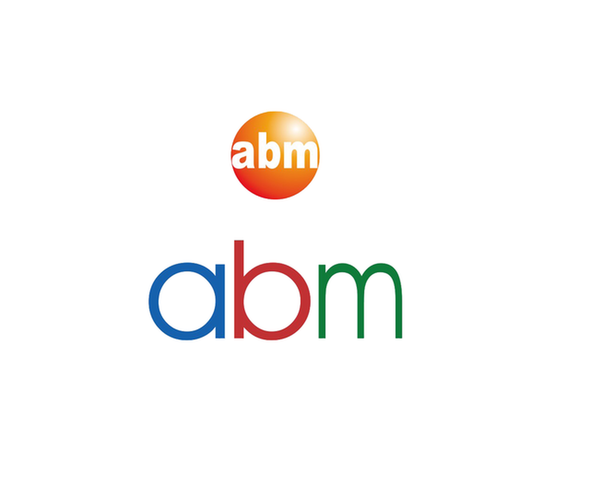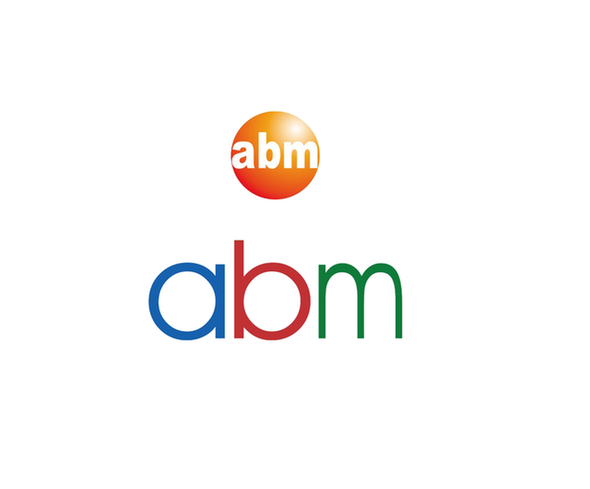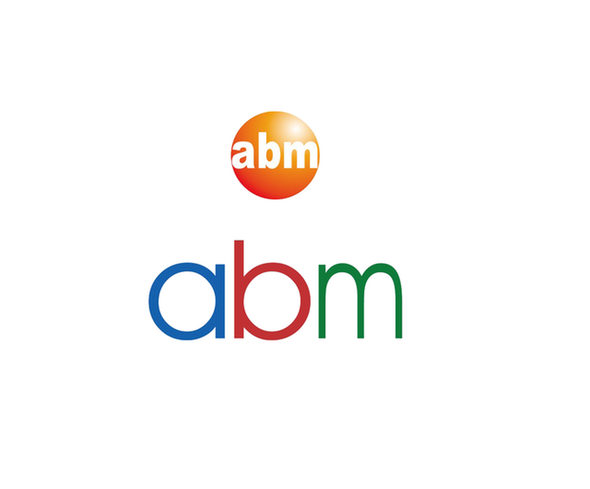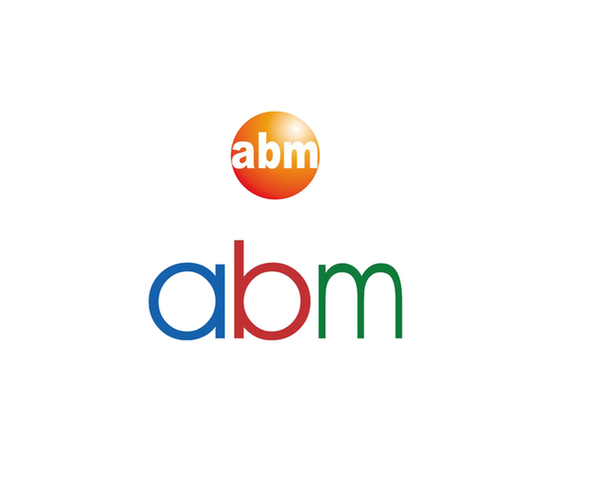abm |Zebrafish Testicular Feeder Cells (ZtA6-3) | T2602
- SKU:
- T2602
- Availability:
- 5 to 7 Days Shipment
- Size:
- 1x10⁶ cells/ml
Description
abm | Zebrafish Testicular Feeder Cells (ZtA6-3) | T2602
ZtA6 cells are derived from spontaneous tumor-like hypertropheied testis isolated from albino-type (alb-1/alb-1) zebrafish. Clones were analyzed for the expression of the Sertoli cell marker (Sox9a), the germ cell marker (Vas), and the Wilm’s tumor suppressor marker (WT1). 12 clones were derived and have distinctive properties and are available at abm.
ZtA6-3 is clone 3 derived from the ZtA6 zebrafish testicular cells. ZtA6-3 cells express Sox9a and WT1 markers, and the ability to undergo phagocytosis. Clone 3 may be used as a source of homogenous mRNA and protein to assess, a source of a homogenous cell line for experimental genetic manipulation, and to aid in the research of spermatogenesis in a zebrafish model.
Species:
Albino-type (alb-1/alb-1) zebrafish (Danio rerio)
Organ:
Testis
Growth Properties:
Adherent
Morphology:
Epithelial-like|Fibroblast-like
Propagation:
Grow cells in T25 gelatin-coated flasks (TM063) with the following conditions. The base medium for this cell line is L-15 medium (ThermoFisher Scientific). To make the completed growth medium, add the following components to the base medium at the following final concentrations: 5 IU/ml human chorionic gonadotropin (Sigma), 2 IU/ml pregnant mare’s serum gonadotropin (Sigma), 0.2 mg/ml L-arginine (Gibco BRL), 0.02 mg/ml L-aspartic acid (Gibco BRL), 0.015 mg/ml L-histidine (Gibco BRL), 0.0725 mg/ml L-lysine HCl (Gibco BRL), 0.02 mg/ml L-proline (Gibco BRL), 0.5% bovine serum albumin (5% w/v stock solution, BSA fraction V, Sigma), 1% Hepes (Sigma), fetal bovine serum
Safety:
BioSafety Level II
QC:
1) Phagocytic activity was analyzed via the ability to internalize polystyrene beads;
2) RT-PCR was used to assess the presence or absence of WT1, Vas, and Sox9a markers;
3) Functionality test was performed to determine the ability to support male germ cells when co-cultured as feeder cells.
Storage Conditions:
-180°C
Shipping Conditions:
Dry Ice






